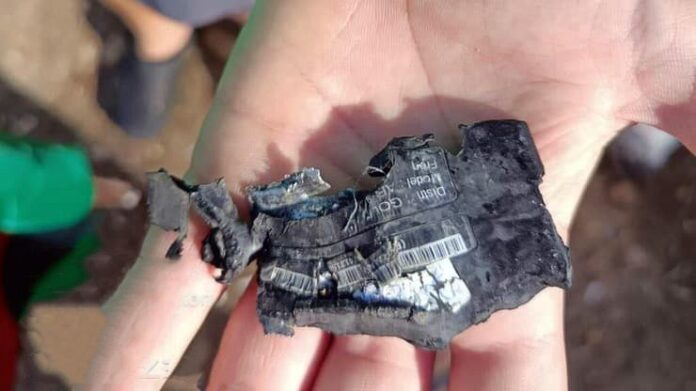In the afternoon of Tuesday, September 17, a series of coordinated explosions from pagers belonging to Hizballah members rocked Lebanon and Syria, resulting in 12 fatalities and injuring around 3000 others. Hizballah is accusing Israel of executing the sophisticated remote attack and is currently conducting further investigations.
The pagers that exploded were new models that were recently purchased by Hizballah, according to Reuters, and apparently acquired after Hizballah’s leadership urged members to abandon cell phones due to concerns over Israeli surveillance. Witnesses reported that the pagers began to heat up before exploding, causing turmoil. Current to September 18th, Lebanon’s Health Ministry claims that 12 were killed as a result from the attack, and around 2750 were injured. Sources in Saudi Arabia say that members from Hizballah’s top echelon were injured in the explosion.
There are currently two speculations when it comes to method of execution. The first – a cyberattack, triggering the overheating of the Lithium-ion batteries in the devices and causing them to explode. The second – a sophisticated operation involving the tampering of the supply chain to ensure that small explosives were integrated into the devices prior to being distributed to Hizballah.
Cyber-induced battery explosion:
Lithium-ion battery cells, commonly found in devices from smartphones to cars to Hizballah’s pagers, are prone to a phenomenon called “thermal runway”. The process begins when a battery cell generates more heat than it can dissipate, leading to a rapid release of energy, which can result in fires or explosions. Factors such as internal short circuits, manufacturing defects, mechanical damage, or prolonged exposure to high temperatures can all initiate this reaction. Once thermal runaway starts, it can cause a chain reaction within the battery cells. As the temperature rises, it can lead to the breakdown of the electrolyte and other materials, releasing flammable gases. If these gases ignite, it can lead to an explosion or fire. According to GeekTime, simultaneous explosions such as in this case, could suggest intentional tampering, including compromising the communications network to issue commands that create short-circuits or disable safety features like thermostats.
Supply Chain Operation:
Some believe that it was not a cyberattack that caused the battery to explode, but a complicated supply chain operation that involved concealing a small charge that can detonate on command, inside of the device, prior to its shipment. The maker of the pagers, Taiwan-based company Gold Apollo, told reporters that the pagers were made in reality by a Hungarian company BAC that only used the Gold Apollo name under a franchising contract. Gold Apollo claims that they were uninvolved in the engineering and manufacturing of this specific model.



























